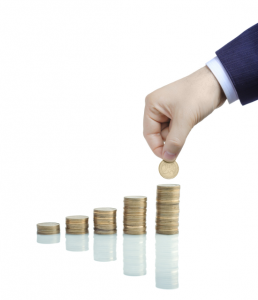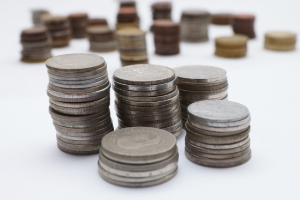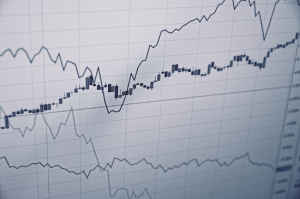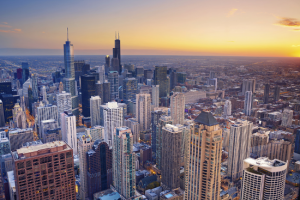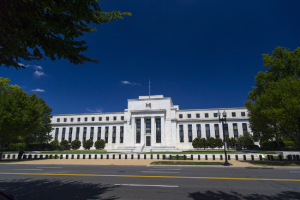On December 29, 2015 Alejandro Maldonado’s government announced a minimum wage increase of 4% for agricultural and non-agricultural activities and 3.5% for export and “maquila” activities. Even though the public sectors workers and unions are celebrating this wage increase—they believe any increase is not enough—the minimum wage increase could be damaging for the general economy, particularly for private sectors.
Click here to continue readingFor some time now Guatemalans have vehemently discussed the idea of differential minimum wages as a measure to attract capital to regions where unemployment rates are higher. The debate seems to have lost its theoretical focus and turned into a political issue. In basic economic theory, differential minimum wages themselves are not addressed.
Click here to continue readingAfter 2008, commodity-producing countries experienced an economic boom that resulted in an ever-growing and sustained rise in prices. These price increases were unprecedented when analyzing the history of such commodities. In graph 1, it can be noted that both oil and rubber saw prices that hadn’t been seen in 30 years. Sugar also saw an increase in price but at a much more moderate rate. Is it reasonable to assume that during a time when global economies began an intense economic cycle, the prices of these commodities saw an increase of such proportions?
Click here to continue readingPerhaps the most important theoretical topic concerning the economy as a discipline is attempting to explain the idea of economic cycles. In practical terms, an economic cycle is understood as being a periodic fluctuation in national income, employment and prices. Successful, and sometimes not so successful, attempts at an explanation have been made in both the media and academic worlds.
Click here to continue readingTypically, it is believed that a nation’s central bank is the resolute decider of the economy of its nation. In today’s day and age, in the political-economic establishment of international bureaucracies, it is easy to envision the end of the world for some nations without the central bank. The Federal Reserve is the central bank of the United States. It serves as a decentralized entity broken up into 12 districts across the country and a Board of Governors in Washington D.C. Founded in 1913, its decisions throughout history have always proven to be controversial.
Click here to continue readingGet our free exclusive report on our unique methodology to predict recessions

